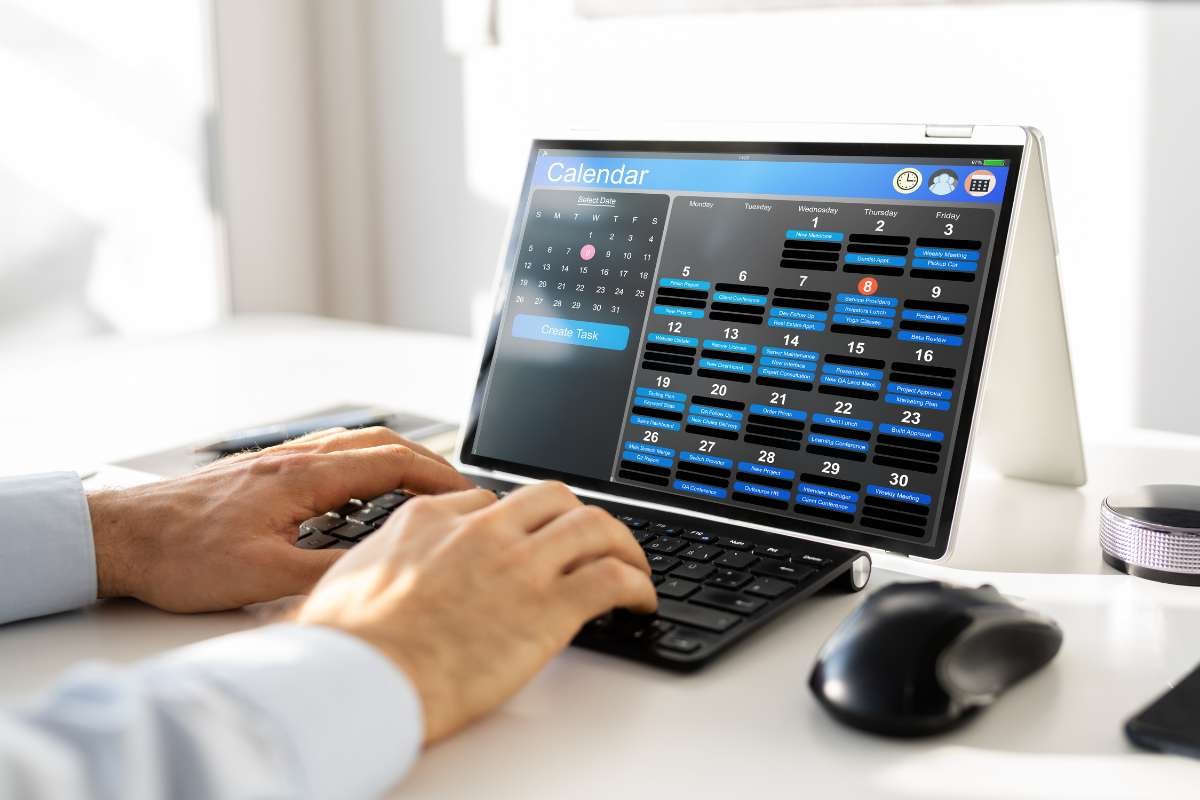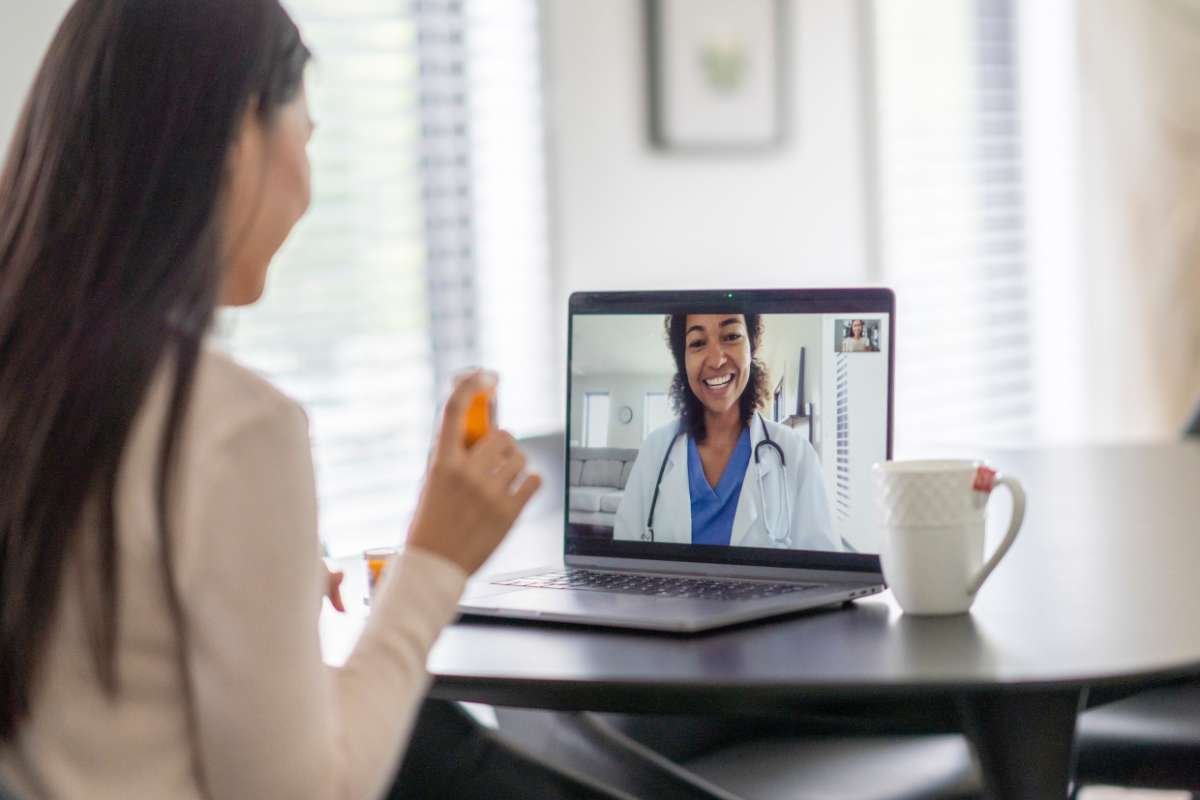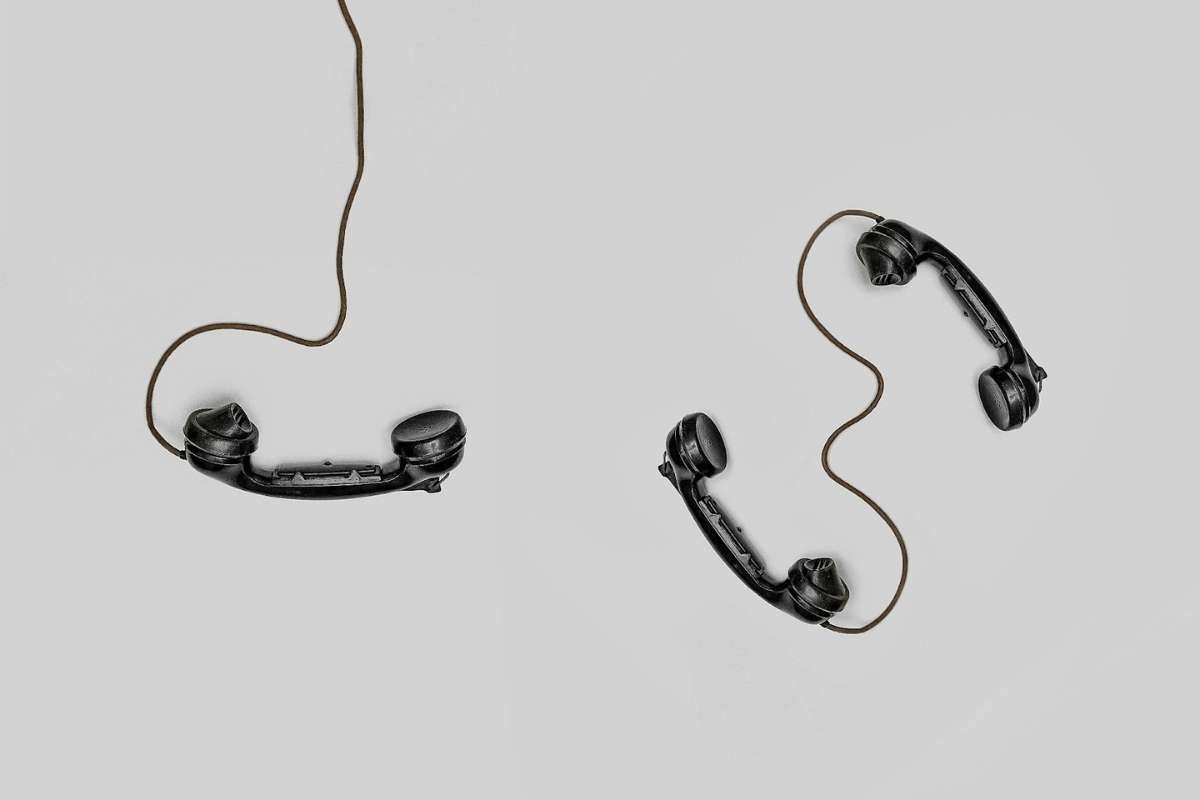Effective communication in healthcare is essential to successful healthcare operations in the fast-paced world of today. Patients anticipate prompt service, unambiguous updates, and dependable mechanisms that make them feel taken care of outside of the consultation room. For healthcare providers, communication is more than just scheduling; it’s also about building trust, increasing productivity, and promoting improved health outcomes. This is the point at which emphasizing patient engagement in healthcare becomes essential. In addition to meeting patients’ expectations, methods that keep lines of communication open and constant also build lasting connections.
Through the use of digital tools and the simplification of internal procedures, this guide examines how healthcare practitioners might improve their communication methods.
Top 4 Strategies for Effective Communication in Healthcare:
1. The Significance of Communication Now More Than Before
Communication is the foundation of trust, which is the foundation of healthcare. More and more patients are searching for healthcare professionals who are not only clinically skilled but also personable and attentive. Ineffective communication can lead to patient discontent, missed appointments, and even detrimental health effects.
Effective communication in healthcare, on the other hand, increases patient empowerment, decreases miscommunication, and promotes loyalty.
2. Using Digital Channels to Encourage Participation
.jpg)
Every industry has seen a transformation in communication due to digital technology, and the healthcare sector is no exception. Today’s patients feel at ease communicating with their physicians through portals, messaging applications, and online platforms. Practices can meet patients where they are by providing a variety of communication channels, such as secure emails, chat platforms, or patient portals.
To make Effective communication in healthcare easier, some practices are even looking at popular texting apps. For instance, knowing how to get in touch with Telegram can give medical professionals another way to interact with tech-savvy patients who use instant messaging applications. Although HIPAA-compliant, secure systems should continue to be the norm for sensitive data, using well-known communication platforms for general updates, wellness advice, or reminders can increase responsiveness and satisfaction.
3. Simplifying Reminders and Appointment Scheduling

Enhancing appointment scheduling is one of the most straightforward yet successful communication techniques. Automated reminders and online booking platforms decrease no-shows and maintain patient and provider organization. Patients can be informed in a variety of ways by receiving reminders by text, email, or app notifications.
Additionally, providing rescheduling choices via the same platforms saves staff time by doing away with back-and-forth phone conversations. This convenience serves as a reminder to patients that their time and health come first.
4. Establishing Clear Channels for Patient Inquiries

Following visits, patients frequently have inquiries concerning prescription drugs, treatment regimens, or follow-ups. Confusion and delays can be avoided by establishing a clear procedure for inquiries. Practices can provide live chat assistance on their websites, secure messaging platforms, or dedicated phone lines.
Making sure patients understand how to contact you and when to anticipate a response is crucial. Establishing expectations, such as responding to non-urgent inquiries within a day, fosters confidence and facilitates efficient workload management.
Nowadays, a healthcare practice’s ability to communicate effectively determines its success. Practices may build enduring relationships with patients by adopting digital platforms, optimizing scheduling, personalizing communications, and encouraging openness. Improvements in internal communication also guarantee that everyone on the team collaborates effectively to achieve a unified objective.









